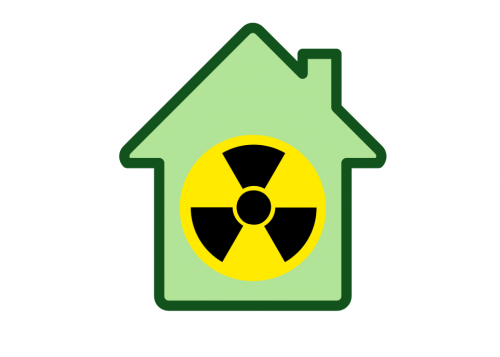Selling or buying a home? Both homebuyers and sellers can benefit if they test for and deal with radon in real estate transactions.
By Debra Gruszecki
Decades ago, I discovered why it’s a good idea to get a home tested for radon before you buy.
Months after the furniture was moved into a cute little house in an industrial city of the Midwest, a contractor hired to install a sump pump punched a hole through the basement floor, only to see thick, black sludge ooze below the surface.
We had the home tested for radon and were able to abate the situation quickly. Now we test for radon every time we make a move.
The U.S. Environmental Protection Agency considers radon testing to be so important that it designated January as National Radon Awareness Month.
The reason is simple: Radon is the second-leading cause of lung cancer, according to the EPA.
Because radon is a naturally occurring radioactive gas, it can leave rocks and soils to collect inside a building. Homes with low indoor air pressure, cracked or badly sealed foundations and entry points for soil and air can draw in high amounts of radon gas.
Fortunately, there are tests and fixes.
Inexpensive do-it-yourself test kits are available from the state, online or at home improvement stores. For a real estate transaction, the state recommends hiring a certified radon tester and keeps a list of certified professionals.
If tests show levels are too high, a radon reduction system can be installed. And if needed, its costs can be a negotiating point in a sale.
The California Department of Public Health’s online site has lots of good information on the subject.
The EPA offers other information in its Home Buyers and Sellers guide. You also can call 800-SOS-RADON.
Information from PE.com



